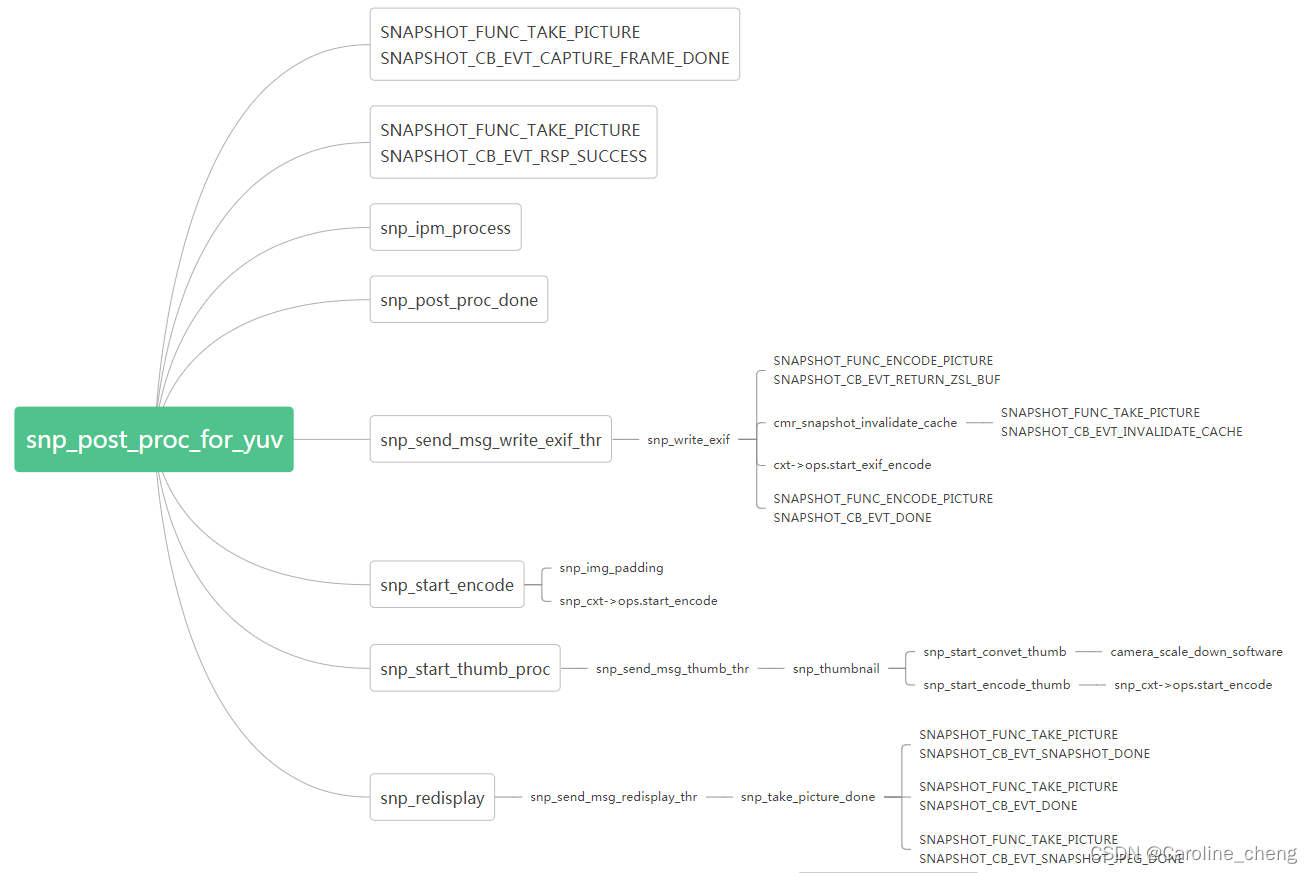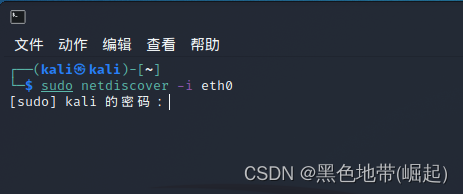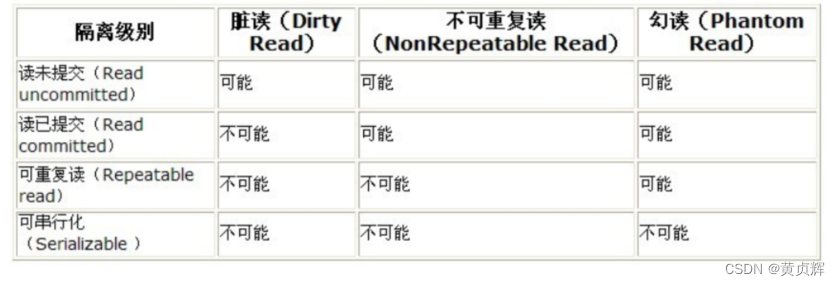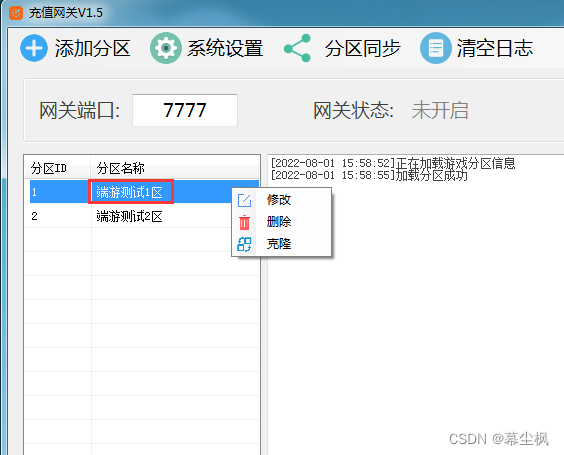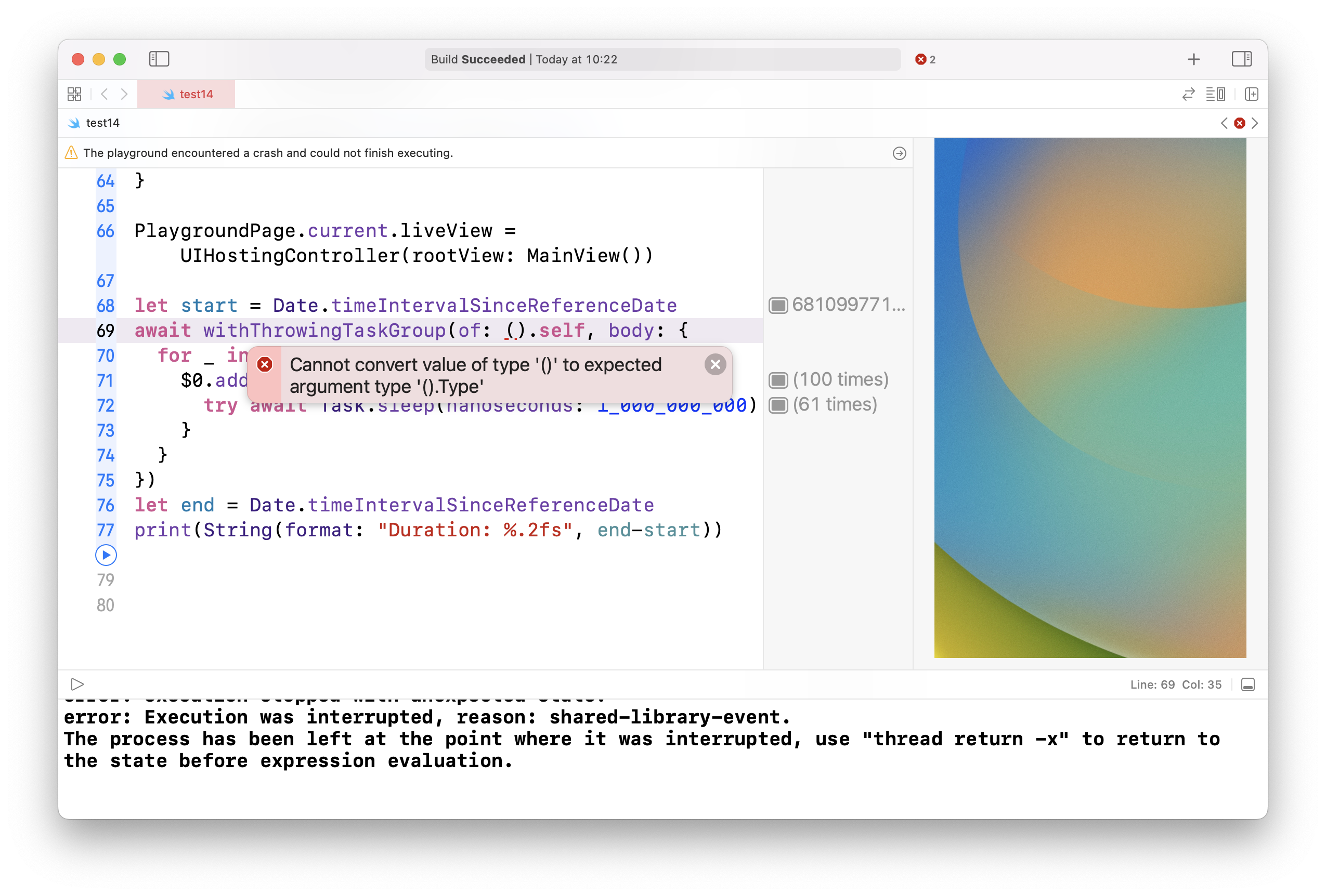当前位置:网站首页>云原生(三十) | Kubernetes篇之应用商店-Helm介绍
云原生(三十) | Kubernetes篇之应用商店-Helm介绍
2022-08-02 11:31:00 【Lanson】
应用商店-Helm
一、简介
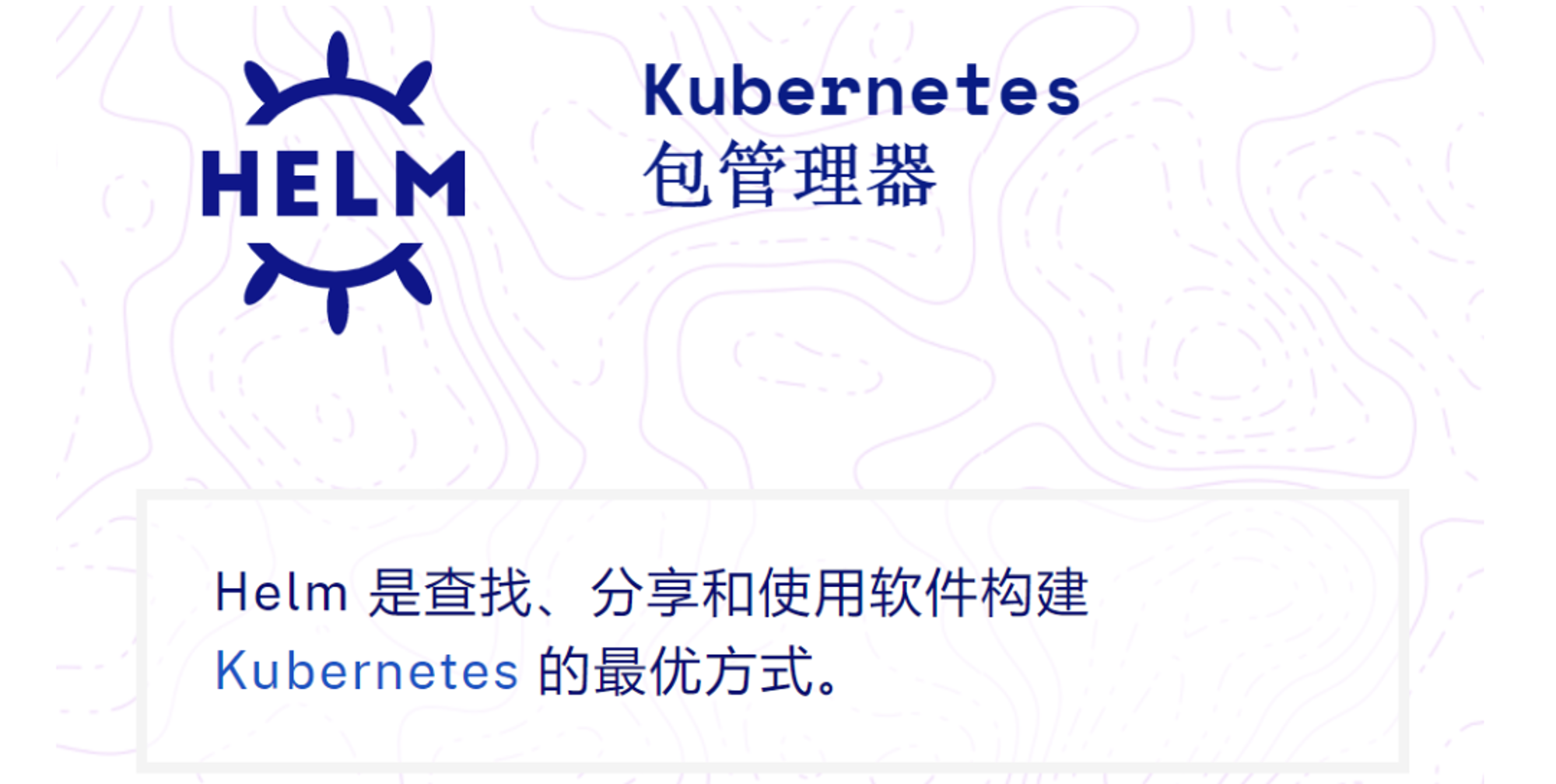
二、安装
1、用二进制版本安装
每个Helm版本都提供了各种操作系统的二进制版本,这些版本可以手动下载和安装。
下载 需要的版本
解压(
tar -zxvf helm-v3.0.0-linux-amd64.tar.gz)在解压目中找到
helm程序,移动到需要的目录中(mv linux-amd64/helm /usr/local/bin/helm)
#!/usr/bin/env bash
# Copyright The Helm Authors.
#
# Licensed under the Apache License, Version 2.0 (the "License");
# you may not use this file except in compliance with the License.
# You may obtain a copy of the License at
#
# http://www.apache.org/licenses/LICENSE-2.0
#
# Unless required by applicable law or agreed to in writing, software
# distributed under the License is distributed on an "AS IS" BASIS,
# WITHOUT WARRANTIES OR CONDITIONS OF ANY KIND, either express or implied.
# See the License for the specific language governing permissions and
# limitations under the License.
# The install script is based off of the MIT-licensed script from glide,
# the package manager for Go: https://github.com/Masterminds/glide.sh/blob/master/get
: ${BINARY_NAME:="helm"}
: ${USE_SUDO:="true"}
: ${DEBUG:="false"}
: ${VERIFY_CHECKSUM:="true"}
: ${VERIFY_SIGNATURES:="false"}
: ${HELM_INSTALL_DIR:="/usr/local/bin"}
: ${GPG_PUBRING:="pubring.kbx"}
HAS_CURL="$(type "curl" &> /dev/null && echo true || echo false)"
HAS_WGET="$(type "wget" &> /dev/null && echo true || echo false)"
HAS_OPENSSL="$(type "openssl" &> /dev/null && echo true || echo false)"
HAS_GPG="$(type "gpg" &> /dev/null && echo true || echo false)"
# initArch discovers the architecture for this system.
initArch() {
ARCH=$(uname -m)
case $ARCH in
armv5*) ARCH="armv5";;
armv6*) ARCH="armv6";;
armv7*) ARCH="arm";;
aarch64) ARCH="arm64";;
x86) ARCH="386";;
x86_64) ARCH="amd64";;
i686) ARCH="386";;
i386) ARCH="386";;
esac
}
# initOS discovers the operating system for this system.
initOS() {
OS=$(echo `uname`|tr '[:upper:]' '[:lower:]')
case "$OS" in
# Minimalist GNU for Windows
mingw*) OS='windows';;
esac
}
# runs the given command as root (detects if we are root already)
runAsRoot() {
if [ $EUID -ne 0 -a "$USE_SUDO" = "true" ]; then
sudo "${@}"
else
"${@}"
fi
}
# verifySupported checks that the os/arch combination is supported for
# binary builds, as well whether or not necessary tools are present.
verifySupported() {
local supported="darwin-amd64\ndarwin-arm64\nlinux-386\nlinux-amd64\nlinux-arm\nlinux-arm64\nlinux-ppc64le\nlinux-s390x\nwindows-amd64"
if ! echo "${supported}" | grep -q "${OS}-${ARCH}"; then
echo "No prebuilt binary for ${OS}-${ARCH}."
echo "To build from source, go to https://github.com/helm/helm"
exit 1
fi
if [ "${HAS_CURL}" != "true" ] && [ "${HAS_WGET}" != "true" ]; then
echo "Either curl or wget is required"
exit 1
fi
if [ "${VERIFY_CHECKSUM}" == "true" ] && [ "${HAS_OPENSSL}" != "true" ]; then
echo "In order to verify checksum, openssl must first be installed."
echo "Please install openssl or set VERIFY_CHECKSUM=false in your environment."
exit 1
fi
if [ "${VERIFY_SIGNATURES}" == "true" ]; then
if [ "${HAS_GPG}" != "true" ]; then
echo "In order to verify signatures, gpg must first be installed."
echo "Please install gpg or set VERIFY_SIGNATURES=false in your environment."
exit 1
fi
if [ "${OS}" != "linux" ]; then
echo "Signature verification is currently only supported on Linux."
echo "Please set VERIFY_SIGNATURES=false or verify the signatures manually."
exit 1
fi
fi
}
# checkDesiredVersion checks if the desired version is available.
checkDesiredVersion() {
if [ "x$DESIRED_VERSION" == "x" ]; then
# Get tag from release URL
local latest_release_url="https://github.com/helm/helm/releases"
if [ "${HAS_CURL}" == "true" ]; then
TAG=$(curl -Ls $latest_release_url | grep 'href="/helm/helm/releases/tag/v3.[0-9]*.[0-9]*\"' | grep -v no-underline | head -n 1 | cut -d '"' -f 2 | awk '{n=split($NF,a,"/");print a[n]}' | awk 'a !~ $0{print}; {a=$0}')
elif [ "${HAS_WGET}" == "true" ]; then
TAG=$(wget $latest_release_url -O - 2>&1 | grep 'href="/helm/helm/releases/tag/v3.[0-9]*.[0-9]*\"' | grep -v no-underline | head -n 1 | cut -d '"' -f 2 | awk '{n=split($NF,a,"/");print a[n]}' | awk 'a !~ $0{print}; {a=$0}')
fi
else
TAG=$DESIRED_VERSION
fi
}
# checkHelmInstalledVersion checks which version of helm is installed and
# if it needs to be changed.
checkHelmInstalledVersion() {
if [[ -f "${HELM_INSTALL_DIR}/${BINARY_NAME}" ]]; then
local version=$("${HELM_INSTALL_DIR}/${BINARY_NAME}" version --template="{{ .Version }}")
if [[ "$version" == "$TAG" ]]; then
echo "Helm ${version} is already ${DESIRED_VERSION:-latest}"
return 0
else
echo "Helm ${TAG} is available. Changing from version ${version}."
return 1
fi
else
return 1
fi
}
# downloadFile downloads the latest binary package and also the checksum
# for that binary.
downloadFile() {
HELM_DIST="helm-$TAG-$OS-$ARCH.tar.gz"
DOWNLOAD_URL="https://get.helm.sh/$HELM_DIST"
CHECKSUM_URL="$DOWNLOAD_URL.sha256"
HELM_TMP_ROOT="$(mktemp -dt helm-installer-XXXXXX)"
HELM_TMP_FILE="$HELM_TMP_ROOT/$HELM_DIST"
HELM_SUM_FILE="$HELM_TMP_ROOT/$HELM_DIST.sha256"
echo "Downloading $DOWNLOAD_URL"
if [ "${HAS_CURL}" == "true" ]; then
curl -SsL "$CHECKSUM_URL" -o "$HELM_SUM_FILE"
curl -SsL "$DOWNLOAD_URL" -o "$HELM_TMP_FILE"
elif [ "${HAS_WGET}" == "true" ]; then
wget -q -O "$HELM_SUM_FILE" "$CHECKSUM_URL"
wget -q -O "$HELM_TMP_FILE" "$DOWNLOAD_URL"
fi
}
# verifyFile verifies the SHA256 checksum of the binary package
# and the GPG signatures for both the package and checksum file
# (depending on settings in environment).
verifyFile() {
if [ "${VERIFY_CHECKSUM}" == "true" ]; then
verifyChecksum
fi
if [ "${VERIFY_SIGNATURES}" == "true" ]; then
verifySignatures
fi
}
# installFile installs the Helm binary.
installFile() {
HELM_TMP="$HELM_TMP_ROOT/$BINARY_NAME"
mkdir -p "$HELM_TMP"
tar xf "$HELM_TMP_FILE" -C "$HELM_TMP"
HELM_TMP_BIN="$HELM_TMP/$OS-$ARCH/helm"
echo "Preparing to install $BINARY_NAME into ${HELM_INSTALL_DIR}"
runAsRoot cp "$HELM_TMP_BIN" "$HELM_INSTALL_DIR/$BINARY_NAME"
echo "$BINARY_NAME installed into $HELM_INSTALL_DIR/$BINARY_NAME"
}
# verifyChecksum verifies the SHA256 checksum of the binary package.
verifyChecksum() {
printf "Verifying checksum... "
local sum=$(openssl sha1 -sha256 ${HELM_TMP_FILE} | awk '{print $2}')
local expected_sum=$(cat ${HELM_SUM_FILE})
if [ "$sum" != "$expected_sum" ]; then
echo "SHA sum of ${HELM_TMP_FILE} does not match. Aborting."
exit 1
fi
echo "Done."
}
# verifySignatures obtains the latest KEYS file from GitHub main branch
# as well as the signature .asc files from the specific GitHub release,
# then verifies that the release artifacts were signed by a maintainer's key.
verifySignatures() {
printf "Verifying signatures... "
local keys_filename="KEYS"
local github_keys_url="https://raw.githubusercontent.com/helm/helm/main/${keys_filename}"
if [ "${HAS_CURL}" == "true" ]; then
curl -SsL "${github_keys_url}" -o "${HELM_TMP_ROOT}/${keys_filename}"
elif [ "${HAS_WGET}" == "true" ]; then
wget -q -O "${HELM_TMP_ROOT}/${keys_filename}" "${github_keys_url}"
fi
local gpg_keyring="${HELM_TMP_ROOT}/keyring.gpg"
local gpg_homedir="${HELM_TMP_ROOT}/gnupg"
mkdir -p -m 0700 "${gpg_homedir}"
local gpg_stderr_device="/dev/null"
if [ "${DEBUG}" == "true" ]; then
gpg_stderr_device="/dev/stderr"
fi
gpg --batch --quiet --homedir="${gpg_homedir}" --import "${HELM_TMP_ROOT}/${keys_filename}" 2> "${gpg_stderr_device}"
gpg --batch --no-default-keyring --keyring "${gpg_homedir}/${GPG_PUBRING}" --export > "${gpg_keyring}"
local github_release_url="https://github.com/helm/helm/releases/download/${TAG}"
if [ "${HAS_CURL}" == "true" ]; then
curl -SsL "${github_release_url}/helm-${TAG}-${OS}-${ARCH}.tar.gz.sha256.asc" -o "${HELM_TMP_ROOT}/helm-${TAG}-${OS}-${ARCH}.tar.gz.sha256.asc"
curl -SsL "${github_release_url}/helm-${TAG}-${OS}-${ARCH}.tar.gz.asc" -o "${HELM_TMP_ROOT}/helm-${TAG}-${OS}-${ARCH}.tar.gz.asc"
elif [ "${HAS_WGET}" == "true" ]; then
wget -q -O "${HELM_TMP_ROOT}/helm-${TAG}-${OS}-${ARCH}.tar.gz.sha256.asc" "${github_release_url}/helm-${TAG}-${OS}-${ARCH}.tar.gz.sha256.asc"
wget -q -O "${HELM_TMP_ROOT}/helm-${TAG}-${OS}-${ARCH}.tar.gz.asc" "${github_release_url}/helm-${TAG}-${OS}-${ARCH}.tar.gz.asc"
fi
local error_text="If you think this might be a potential security issue,"
error_text="${error_text}\nplease see here: https://github.com/helm/community/blob/master/SECURITY.md"
local num_goodlines_sha=$(gpg --verify --keyring="${gpg_keyring}" --status-fd=1 "${HELM_TMP_ROOT}/helm-${TAG}-${OS}-${ARCH}.tar.gz.sha256.asc" 2> "${gpg_stderr_device}" | grep -c -E '^\[GNUPG:\] (GOODSIG|VALIDSIG)')
if [[ ${num_goodlines_sha} -lt 2 ]]; then
echo "Unable to verify the signature of helm-${TAG}-${OS}-${ARCH}.tar.gz.sha256!"
echo -e "${error_text}"
exit 1
fi
local num_goodlines_tar=$(gpg --verify --keyring="${gpg_keyring}" --status-fd=1 "${HELM_TMP_ROOT}/helm-${TAG}-${OS}-${ARCH}.tar.gz.asc" 2> "${gpg_stderr_device}" | grep -c -E '^\[GNUPG:\] (GOODSIG|VALIDSIG)')
if [[ ${num_goodlines_tar} -lt 2 ]]; then
echo "Unable to verify the signature of helm-${TAG}-${OS}-${ARCH}.tar.gz!"
echo -e "${error_text}"
exit 1
fi
echo "Done."
}
# fail_trap is executed if an error occurs.
fail_trap() {
result=$?
if [ "$result" != "0" ]; then
if [[ -n "$INPUT_ARGUMENTS" ]]; then
echo "Failed to install $BINARY_NAME with the arguments provided: $INPUT_ARGUMENTS"
help
else
echo "Failed to install $BINARY_NAME"
fi
echo -e "\tFor support, go to https://github.com/helm/helm."
fi
cleanup
exit $result
}
# testVersion tests the installed client to make sure it is working.
testVersion() {
set +e
HELM="$(command -v $BINARY_NAME)"
if [ "$?" = "1" ]; then
echo "$BINARY_NAME not found. Is $HELM_INSTALL_DIR on your "'$PATH?'
exit 1
fi
set -e
}
# help provides possible cli installation arguments
help () {
echo "Accepted cli arguments are:"
echo -e "\t[--help|-h ] ->> prints this help"
echo -e "\t[--version|-v <desired_version>] . When not defined it fetches the latest release from GitHub"
echo -e "\te.g. --version v3.0.0 or -v canary"
echo -e "\t[--no-sudo] ->> install without sudo"
}
# cleanup temporary files to avoid https://github.com/helm/helm/issues/2977
cleanup() {
if [[ -d "${HELM_TMP_ROOT:-}" ]]; then
rm -rf "$HELM_TMP_ROOT"
fi
}
# Execution
#Stop execution on any error
trap "fail_trap" EXIT
set -e
# Set debug if desired
if [ "${DEBUG}" == "true" ]; then
set -x
fi
# Parsing input arguments (if any)
export INPUT_ARGUMENTS="${@}"
set -u
while [[ $# -gt 0 ]]; do
case $1 in
'--version'|-v)
shift
if [[ $# -ne 0 ]]; then
export DESIRED_VERSION="${1}"
else
echo -e "Please provide the desired version. e.g. --version v3.0.0 or -v canary"
exit 0
fi
;;
'--no-sudo')
USE_SUDO="false"
;;
'--help'|-h)
help
exit 0
;;
*) exit 1
;;
esac
shift
done
set +u
initArch
initOS
verifySupported
checkDesiredVersion
if ! checkHelmInstalledVersion; then
downloadFile
verifyFile
installFile
fi
testVersion
cleanup
三、入门使用
1、三大概念
Chart 代表着 Helm 包。它包含在 Kubernetes 集群内部运行应用程序,工具或服务所需的所有资源定义。你可以把它看作是 Homebrew formula,Apt dpkg,或 Yum RPM 在Kubernetes 中的等价物。
Repository(仓库) 是用来存放和共享 charts 的地方。它就像 Perl 的CPAN 档案库网络或是 Fedora 的软件包仓库 ,只不过它是供 Kubernetes 包所使用的。
Release 是运行在 Kubernetes 集群中的 chart 的实例。一个 chart 通常可以在同一个集群中安装多次。每一次安装都会创建一个新的 _release_。以 MySQL chart为例,如果你想在你的集群中运行两个数据库,你可以安装该chart两次。每一个数据库都会拥有它自己的 release 和 _release name_。
在了解了上述这些概念以后,我们就可以这样来解释 Helm:
Helm 安装 charts 到 Kubernetes 集群中,每次安装都会创建一个新的 _release_。你可以在 Helm 的 chart repositories 中寻找新的 chart。
helm pull bitnami/mysql
helm install -f values.yaml mysqlhaha ./
2、charts 结构
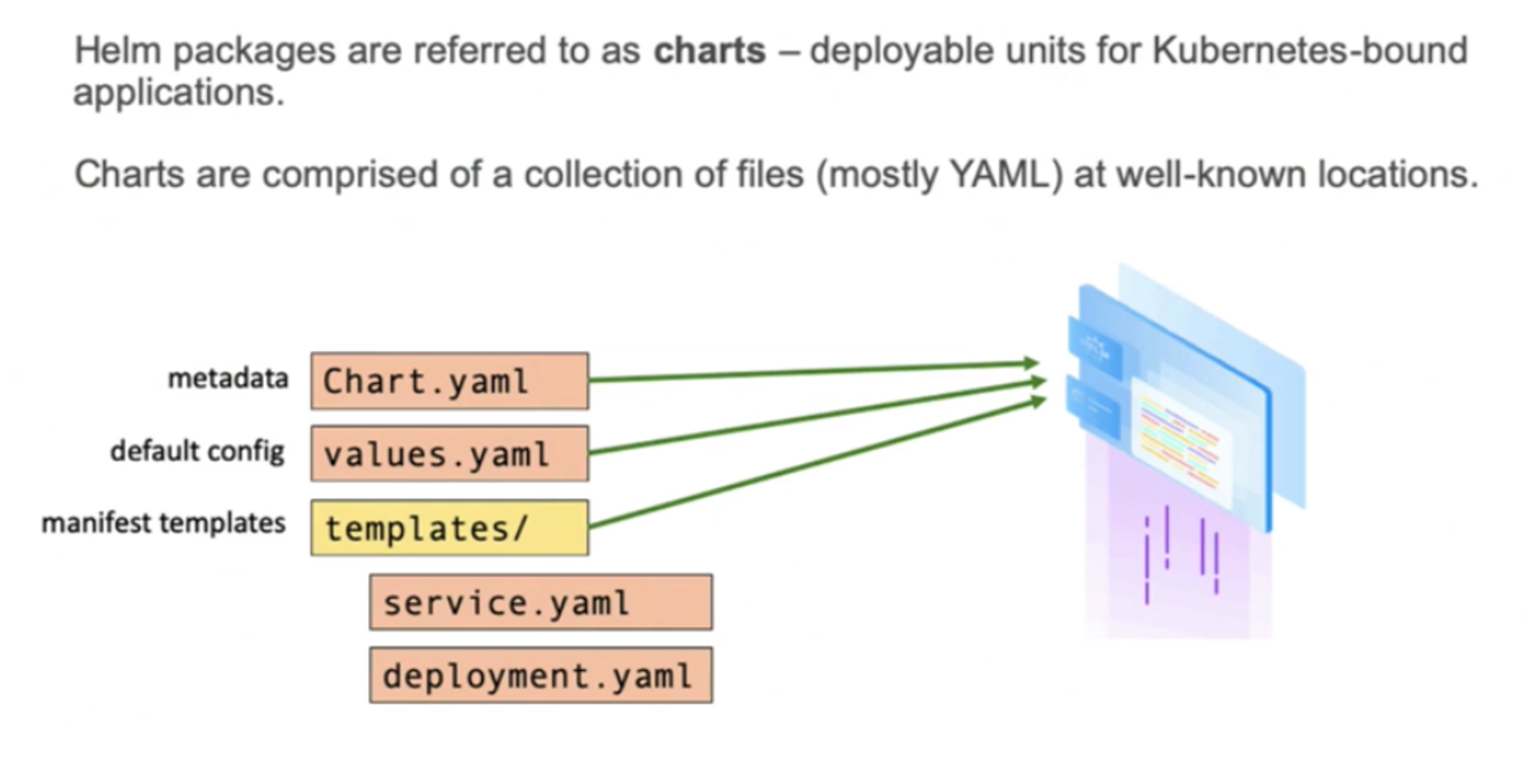
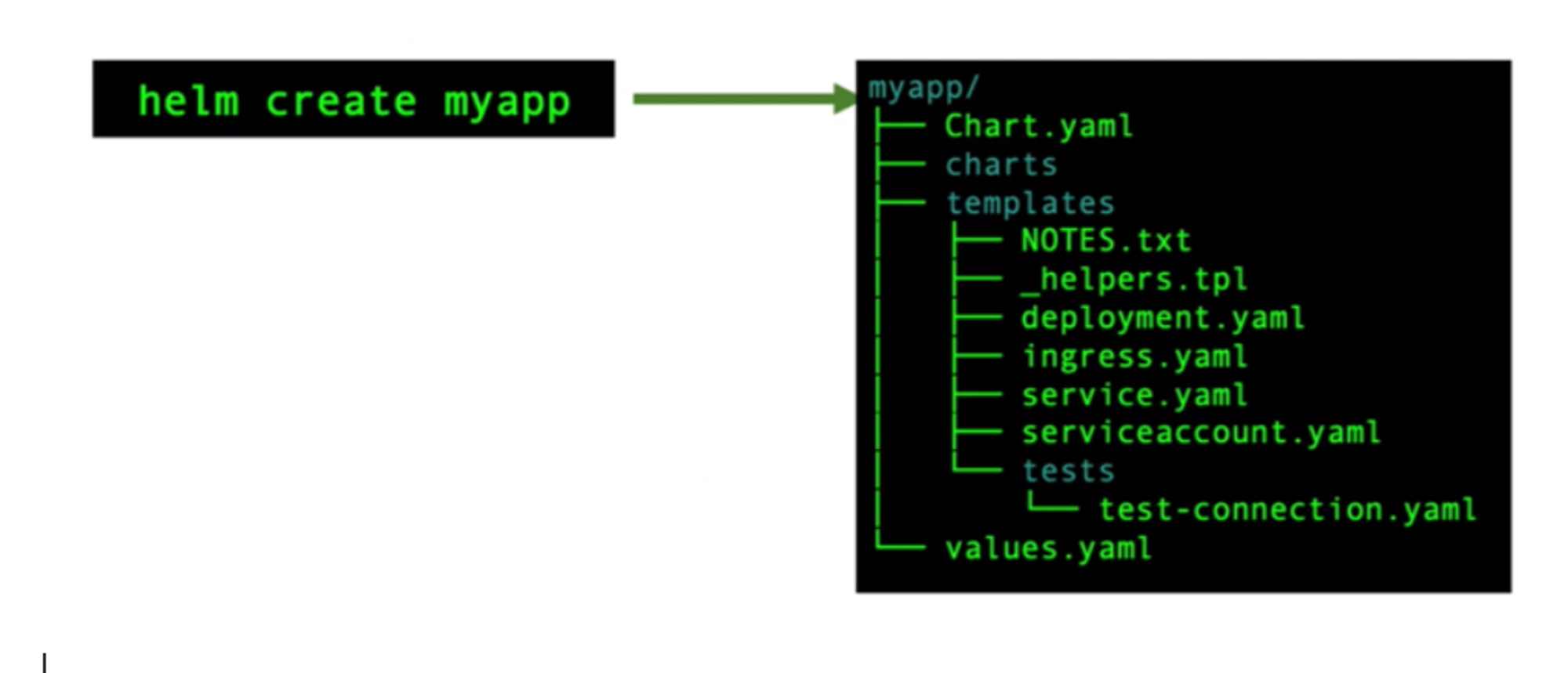
3、应用安装
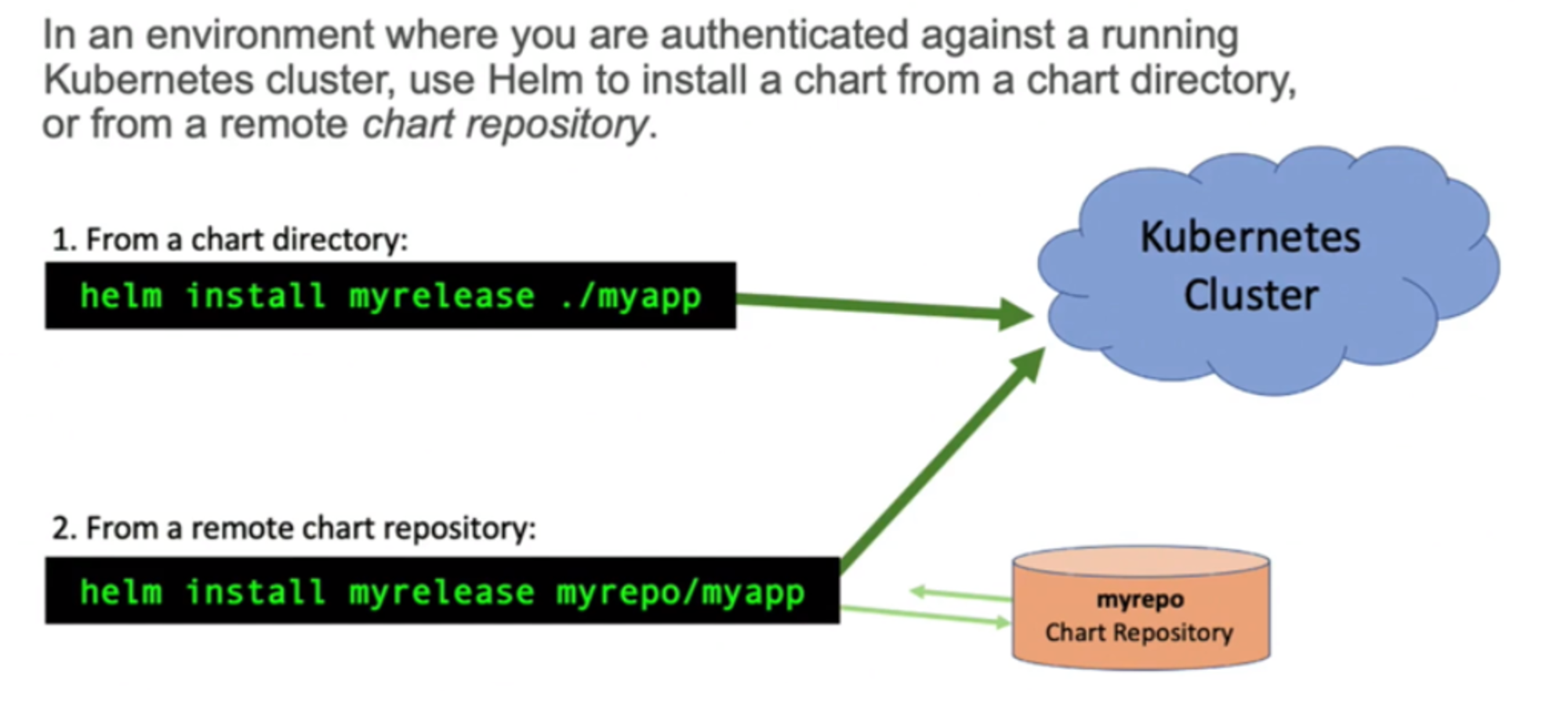
4、自定义变量值
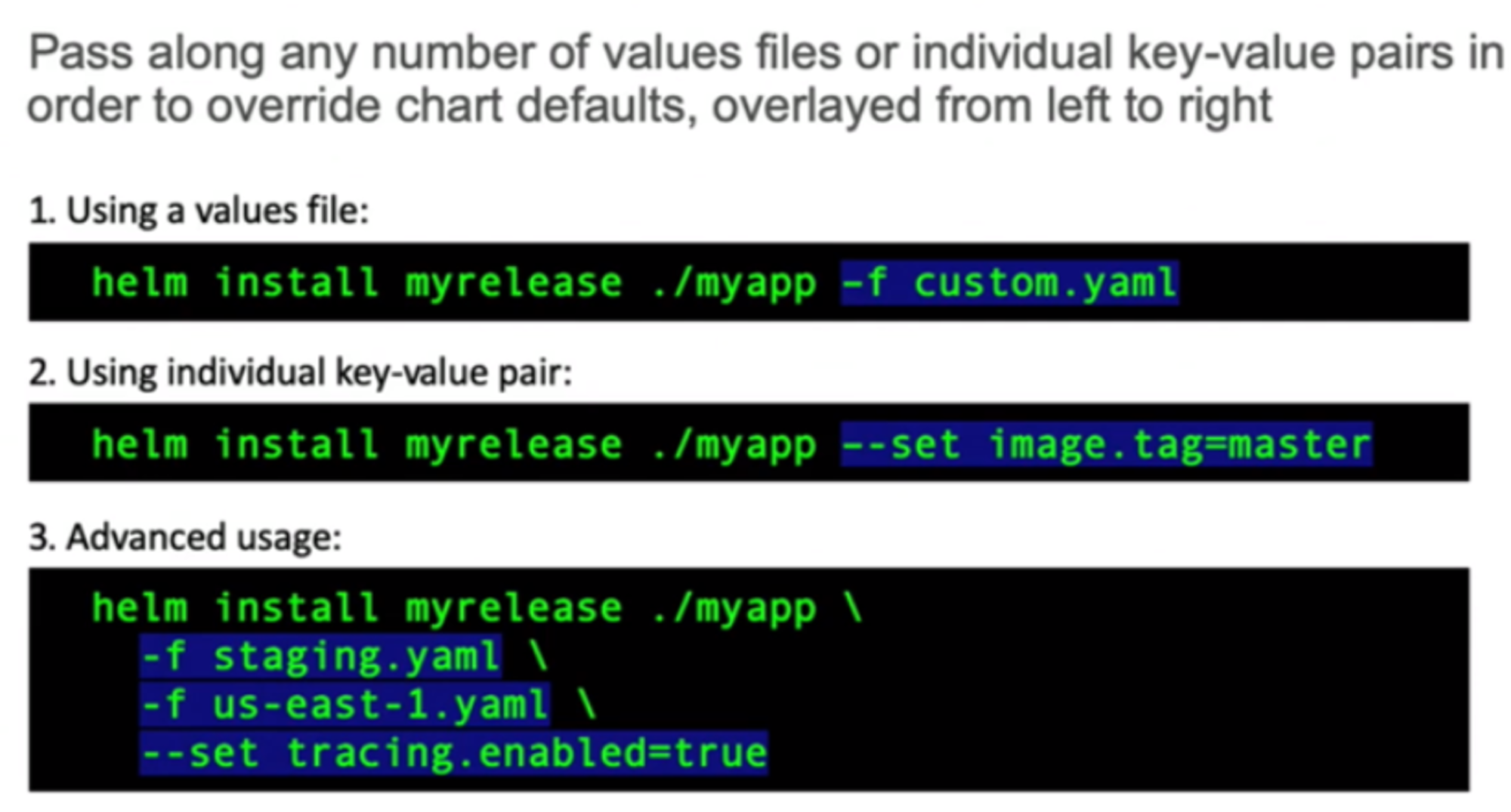
5、命令
helm install xx
helm list
helm status xx
helm rollback xxx
6、推送helm chart
helm registry login --insecure 192.168.86.5
helm chart save /root/mariadb 192.168.86.5/chart/mariadb:test
helm chart push 192.168.86.5/chart/mariadb:test
helm registry logout 192.168.86.5
边栏推荐
猜你喜欢
随机推荐
21天学习挑战赛--第一天打卡(屏幕密度)
大疆P4M云遮挡矫正
SQL 数据更新
如何在技术上来保证LED显示屏质量?
【MySQL】多表联合查询、连接查询、子查询「建议收藏」
QT笔记——Q_PROPERTY了解
【云驻共创】数据工坊平台,0代码开发数据处理业务“快”人一步
365天挑战LeetCode1000题——Day 047 设计循环队列 循环队列
打破千篇一律,DIY属于自己独一无二的商城
当POC遇见RPA:RPA项目顺利实施的关键
基于深度学习的裂缝检测技术
MySQL模糊查询性能优化
借小程序容器打造自有App小程序生态
配置mysql失败了,这是怎么回事呢?
Getting Started with Three.JS Programmatic Modeling
华为eNSP(基础实验通信)
ansible模块--copy模块
Shell编程之条件语句
sva 断言资料
Create a devops CI/CD process using the kubesphere GUI

